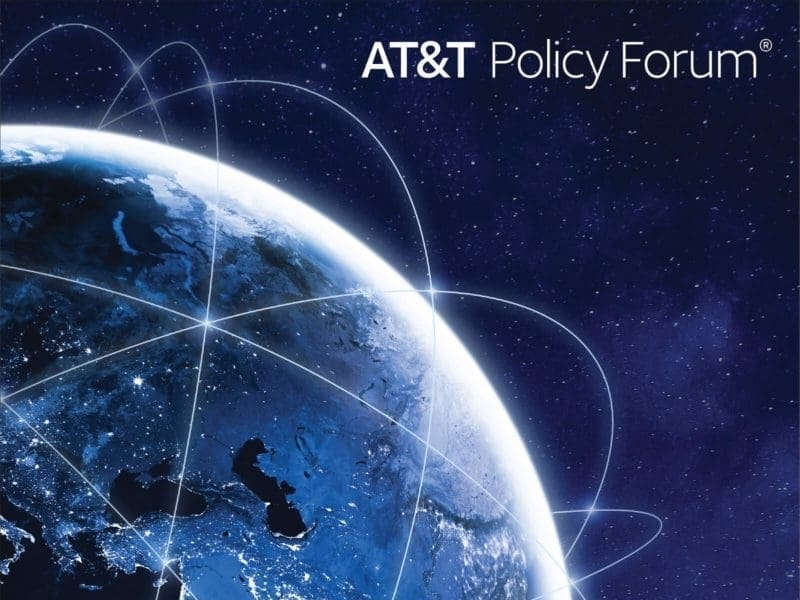Featured
Tuesday, May 21, 2024
Please join AT&T for the first in a series of discussions about the role of network modernization in meeting today and tomorrow’s connectivity needs. As part of the program, you can tour the AT&T Innovation Exhibit which looks at our history of innovation and explores the future of communications services.
NOTE: This event will be both in-person and virtual. A livestream link will be sent to those attending virtually.
Upcoming Events

- Upcoming
- Event
Network Modernization: Connecting Changes Everything
- May 21, 2024 8:30 am
- AT&T Forum & Livestream
[spb_content_feed item_count="3" offset="0" blog_post_type="event" author="all" category="all" state="all" event_category="all" order_by="date" order="ASC" blog_filter_scope="local" blog_keyword="no" blog_author_filter="no" blog_posttype_filter="no" blog_az_filtering="no" blog_filter="no" sort_filter="no" blog_filter_display="standard" blog_filter_sort="Relevance" multiselect_filtering="no" blog_type="masonry" link_type="link-page" gutters="yes" equal_heights="yes" columns="3" show_image="yes" show_title="yes" show_details="yes" show_excerpt="no" excerpt_length="50" show_read_more="no" pagination="none" width="1/1"]
Past Events

- Past
- Event
Digital Skills and Entrepreneurship: Women Inspiring Women
- April 27, 2023

- Past
- Event
Connecting Communities to Internet for All
- June 10, 2022 9:00 am

- Past
- Event
5G in Mexico: The Deployment of Technology With a Purpose
- April 29, 2022 10:00 am

- Past
- Event
Inspiring the Next Generation of Women Innovators in the Tech and Creative Industries
- April 28, 2022

- Past
- Event
Progress Toward Connecting All Americans
- February 10, 2022
[spb_content_feed item_count="6" offset="0" blog_post_type="event" author="all" category="all" state="all" event_category="all" order_by="date" order="DESC" blog_filter_scope="local" blog_keyword="no" blog_author_filter="no" blog_posttype_filter="no" blog_az_filtering="no" blog_filter="no" sort_filter="no" blog_filter_display="standard" blog_filter_sort="Relevance" multiselect_filtering="no" blog_type="masonry" link_type="link-page" gutters="yes" equal_heights="yes" columns="3" show_image="yes" show_title="yes" show_details="yes" show_excerpt="no" excerpt_length="50" show_read_more="no" pagination="standard" width="1/1"]
Explore Our Event Space:
The AT&T Forum
The AT&T Forum brings together technology experts, policymakers, and organizations from around the nation to discuss how technology is improving the way we live, work, and play.



